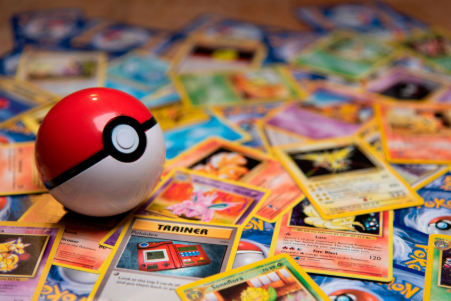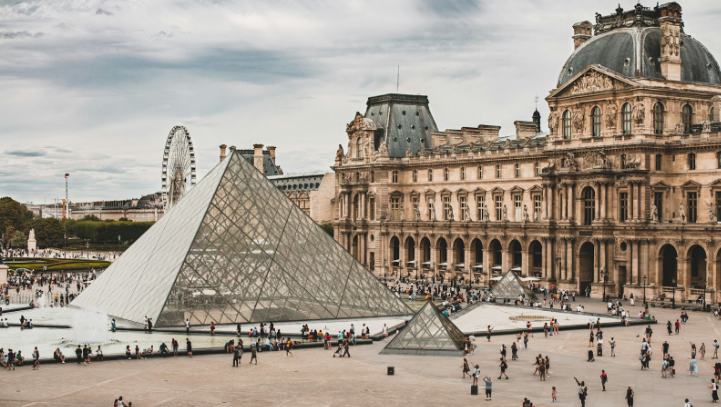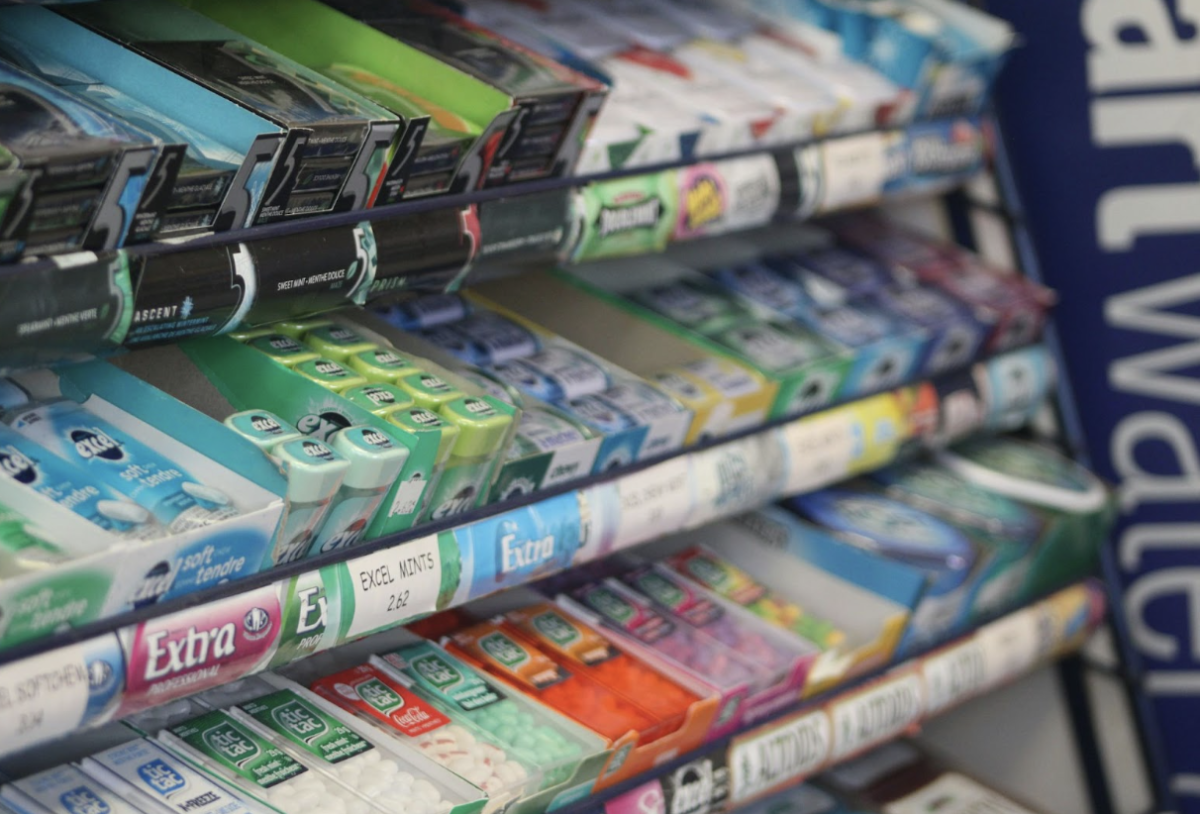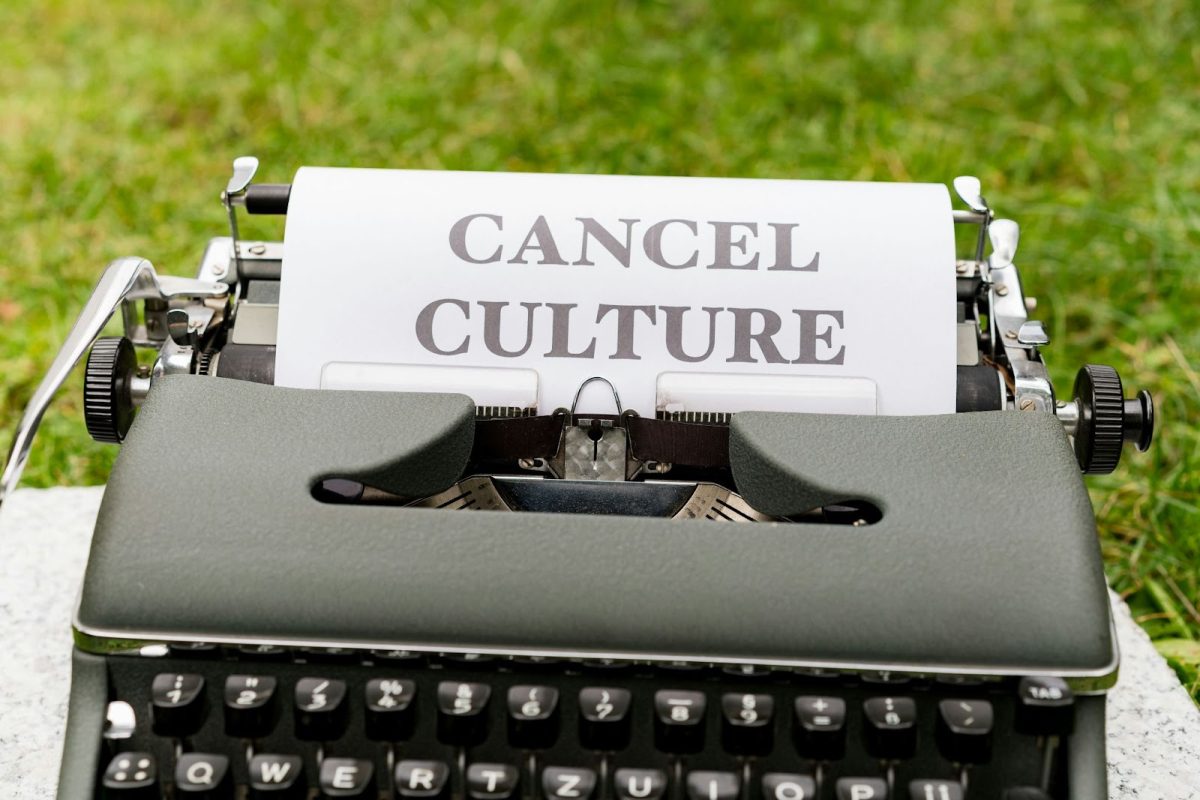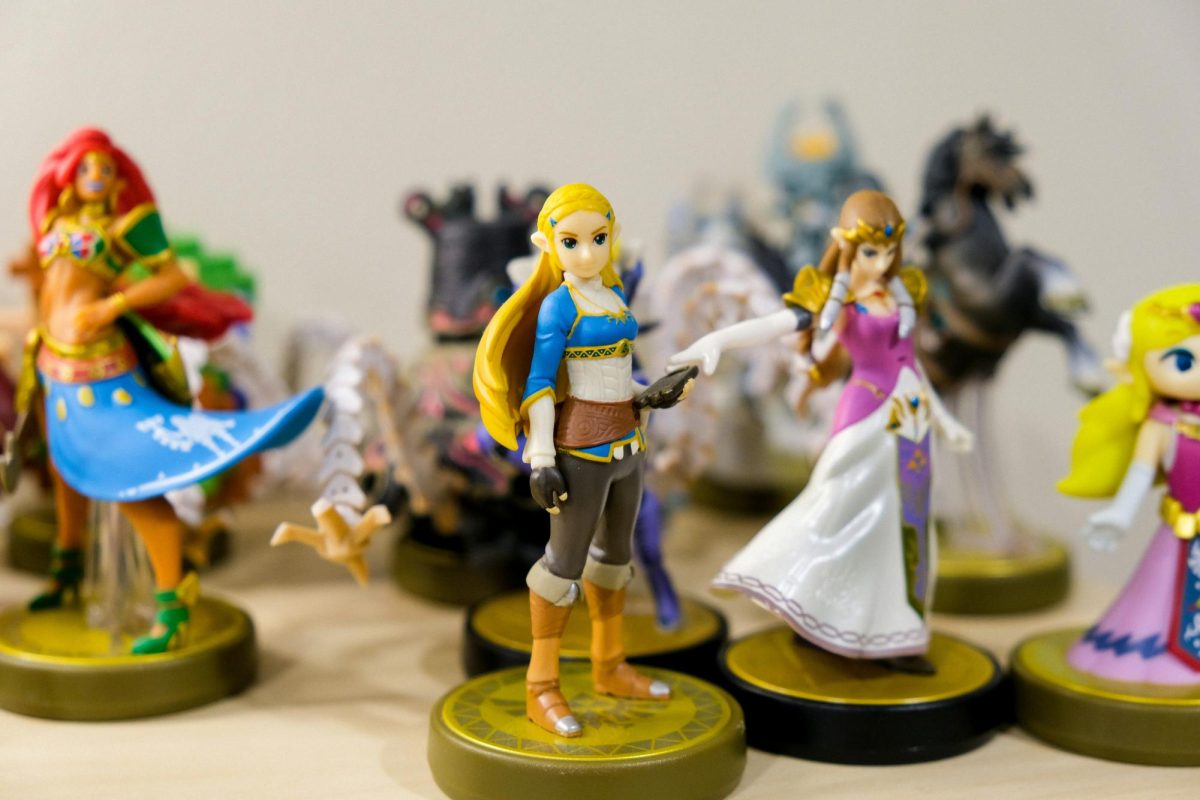Music or morality: Separating art from the artist

Many struggle to find support for entertainment they used to love after the celebrities involved come out as controversial figures.
March 10, 2023
Art is a canvas for growth, ideas and inspiration; a place to put your faith when the mundane fails you. For some, art is a reminder of the beauties of life, whether it be soft brush strokes of paint or the melodic notes of a song. It can be the higher being one looks to when life feels dull, but can one place the same faith in the artist? Unfortunately no one knows when a seemingly unproblematic artist will slip up.
This has been ever-present in largely successful brands, musicians and actors. Within the course of 24 hours, the internet’s perspective on a celebrity can shift, often for good reason. Their reputation plummets until they are only known for the mistakes they have made rather than the career they have spent years developing. However, amongst the chaos in their personal lives, fans struggle to decide if supporting their work is the “right” thing to do.
On one hand, why should a blameless party be stripped of their entertainment because an artist did something wrong? However, supporting one’s work is indirect support of the person themself. If celebrities continue to make profit after inexcusable actions, they begin to feel they are past the point of accountability. Continuing to “let things slide” creates a larger wedge between celebrities and so-called “normal people.” However, celebrities developing an unapologetic and elitist attitude is inevitable and endorsed by the public. One cannot expect to treat influencers like royalty yet still have them to hang on to humble beginnings.
Recent examples of this include famous rapper Ye (formerly known as Kanye West). He has proven to be problematic in past comments and tweets, however, his recent expression of antisemitism has spurred an uproar from the internet. On Oct. 8, 2022, he tweeted “I’m a bit sleepy tonight but when I wake up I’m going death con 3 On JEWISH PEOPLE. The funny thing is I actually can’t be Anti Semitic because black people are actually Jew also You guys have toyed with me and tried to black ball anyone whoever opposes your agenda.” Twitter was quick to take down the post, but that didn’t stop millions of his followers from screenshotting and sharing the malicious tweet.
Ye’s anti semitic sentiments caused an outrage from fans, and rightfully so. Such words are dangerous and demeaning even when uttered in the privacy of one’s home, so imagine the harm they caused on an account with millions of followers.
Fans reacted similarly when the popular luxury brand Balenciaga was canceled for a campaign where they used inappropriate photos of children to market their new line of purses. Not only was the brand boycotted, but celebrities who were seen wearing it received the brunt of people’s enraged comments. Soon, people were seen selling their Balenciaga products and even damaging items for the brand to express hatred.
It is simply a fact that celebrities hold more power and status than the average person. However, this status does not let them loose from the grips of morality. Separating the art from the artist is like separating a politician from their politics; it takes away all meaning from their actions. It doesn’t make sense to solely support an artist’s career when what they create is a reflection of who they are.
Listening to music, watching movies and buying clothes all work in favor of the creator. Even if they are receiving backlash on social media, their mistakes are still profitable. The consequences aren’t concrete if celebrities are making money off of the problem. Controversies turn into marketing strategies skyrocketing brands and music even more. Although issues may be created by the artist, consumers exacerbate the problem through blind support of their art.
One cannot separate the art from the artist because the art makes the artist. It is a defining feature of who they are and the success they have achieved. To combat controversy one must combat those who create it.

